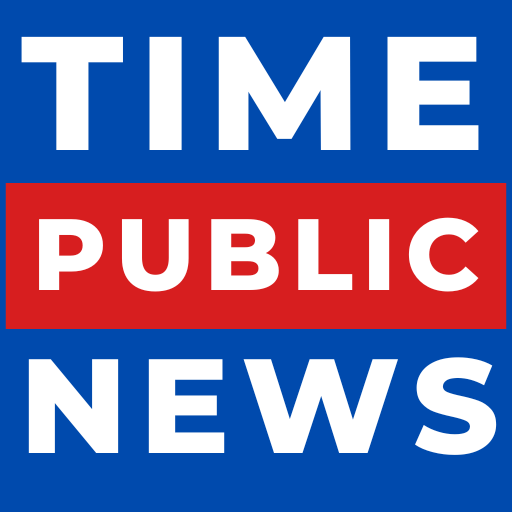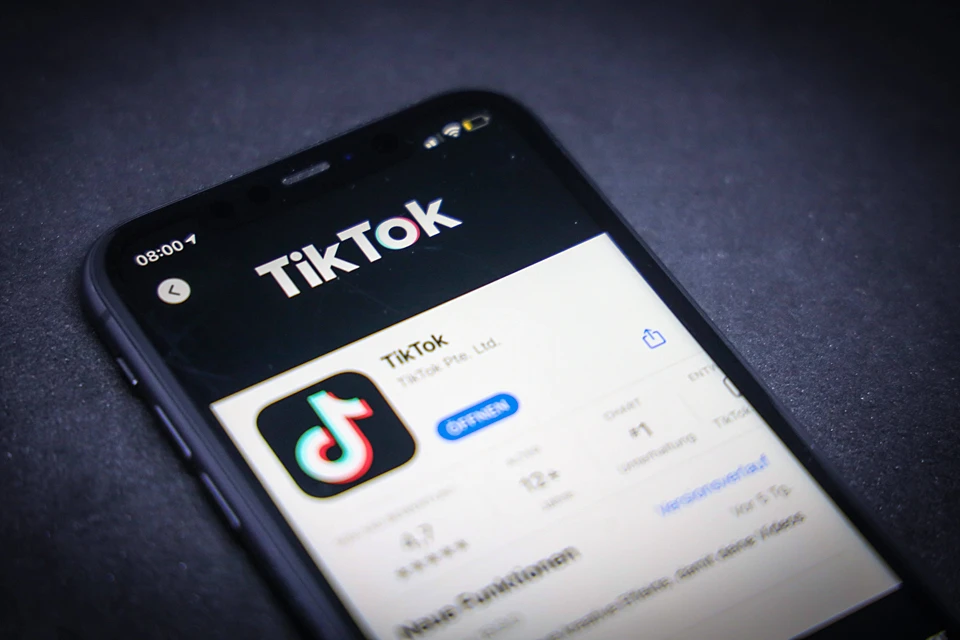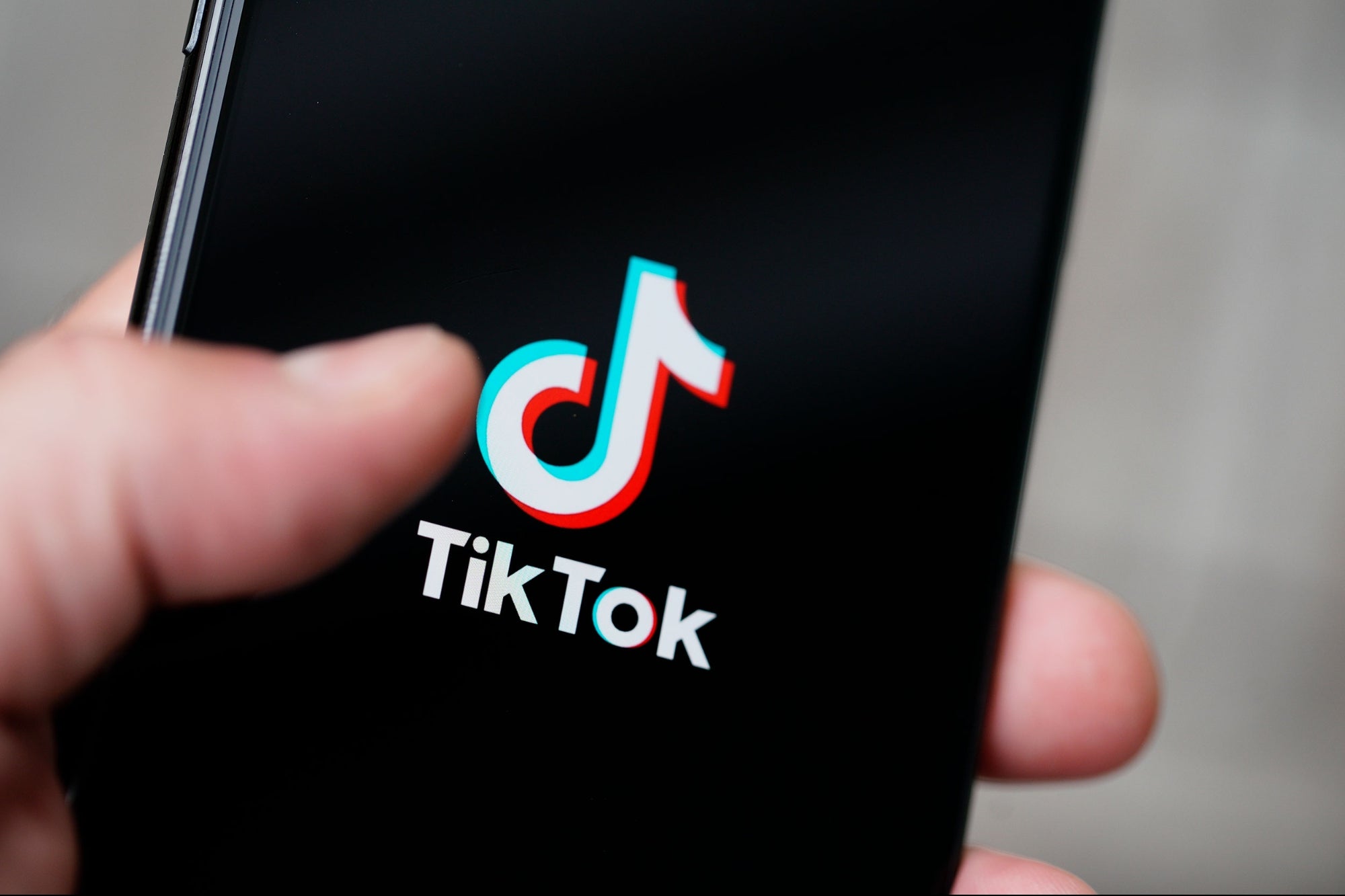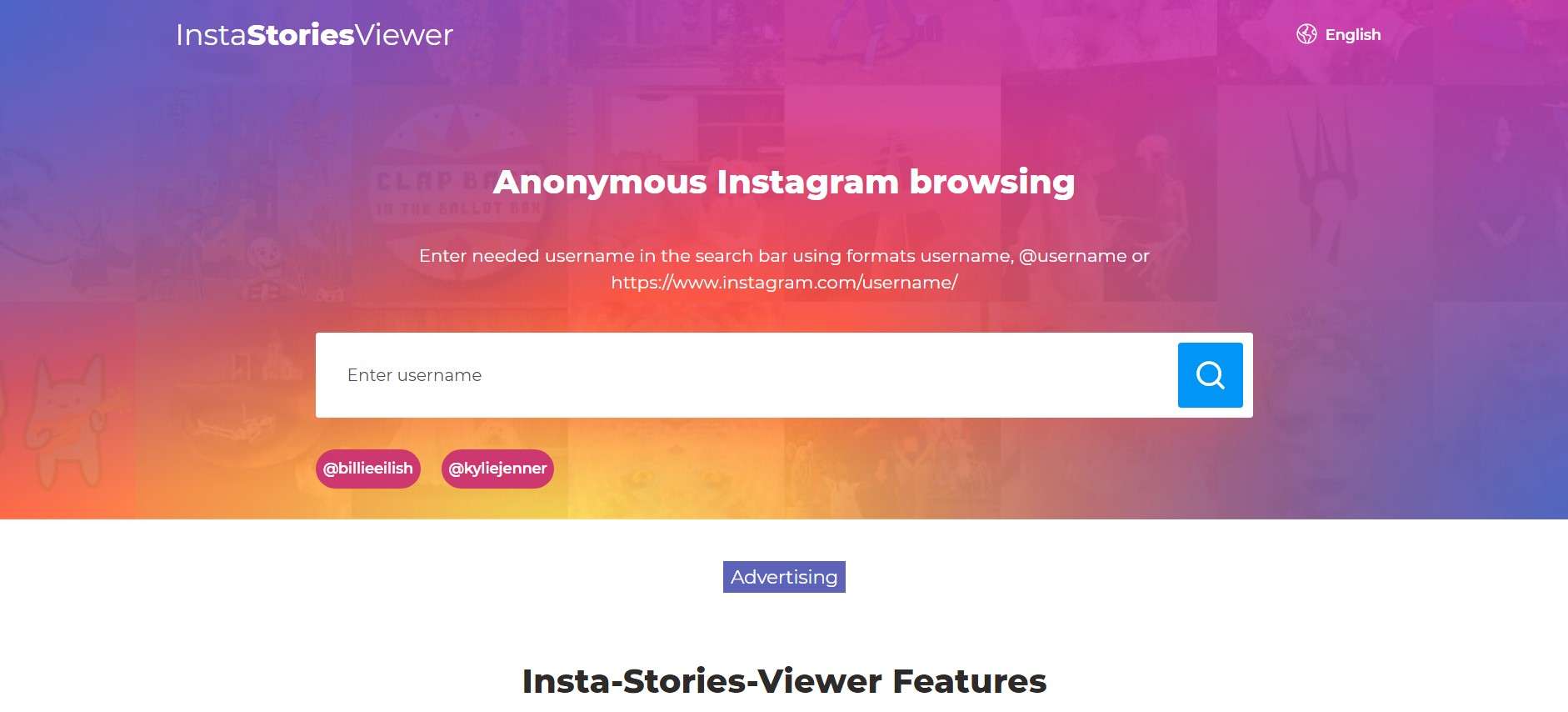TikTok, the short-form video app developed by the Chinese tech company ByteDance, has experienced an unparalleled rise in popularity since its launch in 2016. With millions of users worldwide, including a significant number in the United States, TikTok has become an integral part of social media culture. However, in recent years, the app has faced growing scrutiny and even potential bans in various countries, with the United States being one of the most prominent cases.
In this blog, we’ll explore the reasons why TikTok is banned or threatened with a ban in the United States, examining the factors that have led to these discussions, as well as the broader implications of the situation.
1. National Security Concerns
One of the primary reasons behind the calls for TikTok to be banned in the United States revolves around national security concerns. The app is owned by ByteDance, a Chinese company, and this connection has raised alarms among U.S. officials, particularly regarding the potential for the Chinese government to access user data.
The U.S. government, along with various cybersecurity experts, has warned that TikTok could be used as a tool for espionage. They claim that the Chinese government, under the country’s strict data laws, could require ByteDance to share user data collected by TikTok. The Chinese government has extensive control over Chinese companies, which could theoretically mean that TikTok’s data could be accessed for political or intelligence purposes.
Although TikTok has denied these accusations, claiming that it stores data in the U.S. and Singapore, the fears persist. The app’s data collection methods, including information about users’ location, device details, browsing history, and even facial recognition data, have only added to the growing concerns. Lawmakers argue that the large-scale collection of data, coupled with the possibility of Chinese surveillance, creates an unacceptable risk to U.S. citizens’ privacy and security.
2. The Influence of the Chinese Government
Beyond concerns about espionage, another point of contention is the potential for TikTok to be used as a tool for Chinese propaganda. The Chinese government has a well-documented history of controlling information within the country, and critics argue that this influence could extend to TikTok’s content.
While the app’s algorithm is designed to show users personalized content based on their preferences, it is possible for the Chinese government to manipulate these algorithms in a way that promotes certain political ideologies or suppresses others. This kind of influence over the global public discourse could be used to advance China’s geopolitical objectives. Critics of the app contend that, given the Chinese government’s past record of censoring content and controlling information, TikTok could potentially serve as a platform to spread propaganda, manipulate public opinion, or even sway elections.
In 2020, former President Donald Trump raised concerns about the potential for TikTok to influence U.S. politics and elections. He also suggested that the app could be used to promote Chinese interests at the expense of American values. Although these claims have been met with skepticism by some, the geopolitical ramifications of allowing a Chinese-owned platform to have such widespread access to American users cannot be easily dismissed.
3. Data Privacy and Protection Issues
Data privacy and protection are central to the debate surrounding TikTok. With millions of U.S. citizens using the app, concerns over how their data is collected, stored, and shared have led to a broader conversation about the privacy policies of social media platforms.
TikTok’s privacy practices have been questioned on multiple fronts. Critics argue that the app collects an extensive amount of personal information, such as device information, location data, browsing history, and even biometric data (such as facial recognition data). While this is common practice among many social media platforms, the sheer volume of data collected by TikTok and its potential access by the Chinese government is what has caused alarm.
Furthermore, there have been accusations that TikTok fails to adequately protect user data. In 2019, the app was fined $5.7 million by the U.S. Federal Trade Commission (FTC) for illegally collecting data from children under the age of 13. While TikTok has since made changes to comply with data protection laws, the controversy surrounding its data handling practices has fueled calls for stronger regulatory oversight and, in some cases, a full ban.
4. The Trump Administration’s Efforts to Ban TikTok
The debate over TikTok’s potential threat to national security became particularly heated during the Trump administration. In 2020, former President Trump signed an executive order that sought to ban TikTok unless ByteDance sold the app’s U.S. operations to an American company. The order cited national security concerns, claiming that TikTok posed an “unacceptable risk” due to its data collection practices and its potential to influence U.S. citizens.
The Trump administration’s efforts to ban TikTok were met with significant resistance, both from TikTok itself and from U.S. businesses that were invested in the app’s success. In response to the ban, TikTok filed lawsuits against the U.S. government, arguing that the executive order was unconstitutional and infringed upon free speech rights. Despite the legal challenges, the Trump administration’s actions raised awareness about the app’s potential risks and spurred bipartisan efforts to scrutinize TikTok’s operations in the U.S.
The ban was never fully implemented, as legal challenges delayed its progress, and the Biden administration has since indicated that it would take a more measured approach to addressing national security concerns related to TikTok. However, the issue remains unresolved, and the debate over TikTok’s future in the U.S. continues.
5. Bipartisan Support for TikTok Scrutiny
While the issue of TikTok’s potential ban initially gained traction under the Trump administration, the concerns surrounding the app have transcended party lines. Both Republican and Democratic lawmakers have expressed concerns about TikTok’s potential risks, particularly with regard to national security and user privacy.
In 2021, the Senate passed a bill that would ban TikTok from all government-issued devices, citing national security concerns. Several states, including Texas and South Carolina, have also taken steps to restrict the use of TikTok on state devices. The bipartisan nature of these efforts suggests that concerns about the app are not purely politically motivated but rather rooted in genuine fears about privacy and security.
6. The Impact on TikTok’s U.S. Users
Despite the ongoing threats of a TikTok ban, the app remains hugely popular in the United States. With its vast user base, including millions of creators and businesses, TikTok has become an integral part of American social media culture. Many influencers, small businesses, and artists rely on the platform to connect with their audiences and generate income. A ban on TikTok would have significant consequences for these users, potentially causing financial hardships and disrupting their ability to connect with fans.
Additionally, TikTok has become a vital tool for entertainment, education, and activism. Its short-form videos have helped spread awareness about social issues, promote new trends, and offer a platform for creative expression. Many users argue that TikTok offers a unique experience that other social media platforms cannot replicate.
While a potential ban would likely have a devastating impact on U.S. users, it is important to note that there are alternatives, such as Instagram Reels and YouTube Shorts, which offer similar features. However, none of these alternatives have been able to fully replicate the viral nature and algorithm-driven content delivery system that TikTok has mastered.
7. The Future of TikTok in the U.S.
As of now, TikTok remains available in the United States, though its future remains uncertain. While efforts to ban the app have been stymied by legal challenges, U.S. lawmakers continue to push for greater regulation of foreign-owned tech companies. The growing bipartisan support for scrutinizing TikTok suggests that the app’s presence in the U.S. may continue to be a contentious issue for the foreseeable future.
TikTok has attempted to address these concerns by making concessions, including the establishment of “transparency centers” to allow third-party audits of its data practices. However, these efforts have yet to fully quell the fears surrounding the app’s security and privacy risks.
Ultimately, the future of TikTok in the U.S. will depend on the actions of lawmakers, regulators, and the company itself. Whether or not TikTok will continue to thrive in the U.S. or face an eventual ban remains to be seen.
Conclusion
TikTok’s rise to prominence has been met with both enthusiasm and concern. While millions of U.S. users enjoy the platform for its entertainment and creative potential, national security, data privacy, and geopolitical considerations have led to growing calls for a ban or greater regulation. Despite ongoing legal challenges and efforts to address these concerns, the debate surrounding TikTok’s presence in the U.S. is far from over.
As the U.S. government grapples with the challenges posed by foreign-owned tech companies, TikTok’s future in the country will depend on how these concerns are addressed and whether a compromise can be reached between security and freedom of expression. Until then, TikTok’s place in American society will remain a source of contention and debate.






